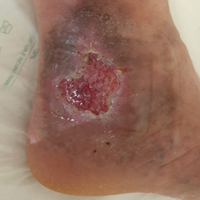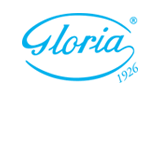Pending questions in venous ulcers management. Report from a Symposium of the World Union of Wound Healing Societies International Congress

Accepted: 30 September 2020
HTML: 21
All claims expressed in this article are solely those of the authors and do not necessarily represent those of their affiliated organizations, or those of the publisher, the editors and the reviewers. Any product that may be evaluated in this article or claim that may be made by its manufacturer is not guaranteed or endorsed by the publisher.
Venous ulcers represent the most frequent ulcers and have a high clinical and socioeconomic significance. Nevertheless, pending questions remain on epidemiology, genetic and biomolecular mechanisms, contraindications and risk factors of compression therapy, role of pharmacological therapy. Overall prevalence in the range of 1-2% and point prevalence of 0.08-0.6% can be reduced if risk factors are identified and treated early. In this context, analysis of factor XIII and hemocromatosis gene polymorphisms, with the C282Y and H63D variants, may be of great importance. Also MMP12 gene polymorphism and the imbalance between matrix metalloproteinases and their tissue inhibitors are able to impair wound healing via deleterious degradation process of extra-cellular matrix. From a therapeutic point of view, conflicting recommendations exist on relative contraindications, risks and adverse events of compression therapy. Some studies showed that the administration of pentoxyphilline, Micronized purified flavonoid fraction (MPFF) and sulodexide was effective in accelerating ulcer healing, but there is no data on the duration of treatment, recurrence rates and cost-effectiveness relationship.
Copyright (c) 2020 the Author(s)

This work is licensed under a Creative Commons Attribution-NonCommercial 4.0 International License.
PAGEPress has chosen to apply the Creative Commons Attribution NonCommercial 4.0 International License (CC BY-NC 4.0) to all manuscripts to be published.


 https://doi.org/10.4081/vl.2020.9206
https://doi.org/10.4081/vl.2020.9206




